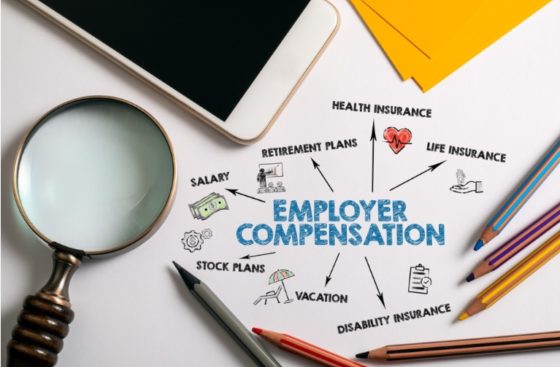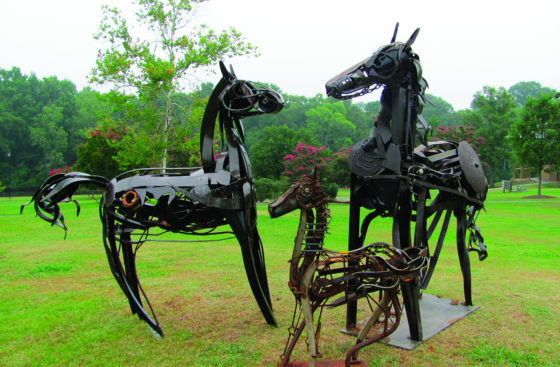In the Community
If YOU Were a Grantmaker, What Would You Support?
December 08, 2011Imagine that you are on the board of a foundation, and you have a large number of requests for support in front of you, and limited dollars. What types of requests would you consider? What criteria would you develop? What do you think is the most effective use of the dollars you have available? There is relief-based philanthropy (charity), which provides for the basic needs of those in poverty.
There will always be needs of this type, and as the middle class shrinks, and jobs remain scarce, more and more people require this type of assistance. Housing and utilities, food, medical care, child care, clothing, basic school supplies—these things all fall into the category of basic needs.
Many area nonprofits seek to assist individuals and families with these issues, and are deserving of support. If your heart leads you in this direction, there are many places to give. But the obvious weakness here is that tomorrow, and next week, and next year, these needs will still be there for the majority of those served.
Then there is improvement-based philanthropy, which can be described by the old “teach a man to fish” idea. Here, philanthropy is used maximize a person’s ability to rise out of poverty, or to prevent him from falling in from the start. Generally, mechanisms for this include things like providing education and training, mentoring, employment services, drug and alcohol treatment and the like. And there is the hope that progress is being made at reducing those in need of the services of relief-based philanthropy. And again, the mission of many organizations aligns with this concept and if they align with your own philosophy of giving, they could use support. And yet, there are weaknesses here also: People served must be physically and mentally and emotionally able to embark on this journey; they must be motivated or knowledgeable enough to find such services, and they must have access (transportation, media or Internet access) and sufficient resources to keep body and soul together while trying to make this rise to the next level. It is hard to go to school if you have to hold down three jobs, or if illness robs you of energy, or if you can’t travel there.
Also, consider reform-based philanthropy--that which recognizes significant societal issues that require considerable societal change (equality, obesity, air and water quality, access to health care). Solutions here often require a great deal of money, the cooperation and hard work of many working in concert, and governmental assistance. Many believe that all charitable resources should be used toward this end, because in this category is the hope for a permanent “fix” to the major ills that thwart progress and overall societal health. Again, many fine organizations are laboring in these fields, and have accomplished much and have a vision for further accomplishment. And yet…there is little agreement about what reforms should be undertaken, how to achieve them, and in fact, proposed solutions are often in direct contradiction to one another. Worst of all, those most directly impacted are most often not consulted.
The Community Foundation of the Lowcountry faces these questions every day. And we support solutions in all categories, and spend significant time doing the research and due diligence to inform our decisions. But I would dare to say that each of you, when you consider a charitable contribution, is also a grantmaker, and that you face the same questions. What type of philanthropy speaks to you? How do you determine the highest and best use of your dollars? What sources do you draw upon to inform your decisions? We encourage all to take philanthropy and charitable giving seriously, to understand their own beliefs about what works, and to research options carefully, just as they would do for any other major expenditure. And know that your Community Foundation stands ready to assist. Your thoughtful giving is one of the EVERYDAY MATTERS that makes EVERY DAY Matter.
Denise K. Spencer



